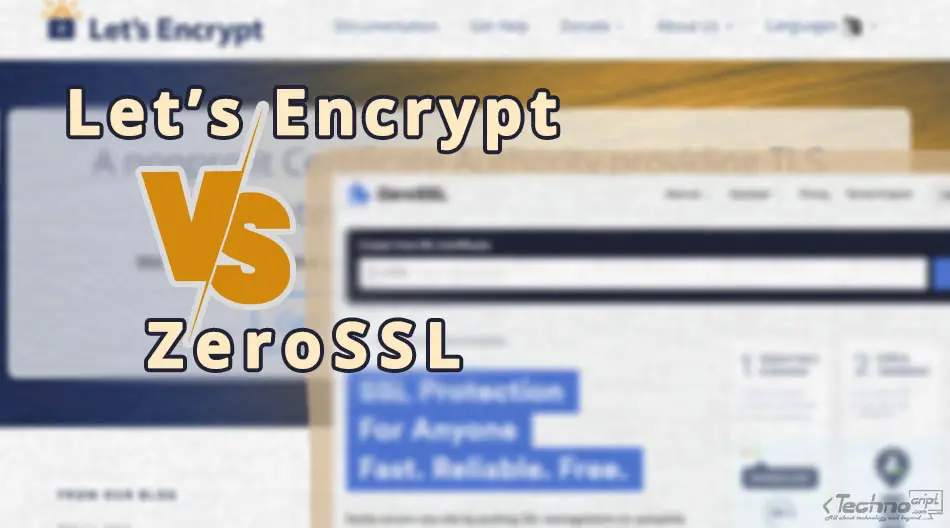Can Websites Track Your Location?
When visiting a website, you are automatically sharing many pieces of information that help this website identify the request and function accordingly. Most information is sent via your browser and some of them are appended by your internet service provider (ISP).
Shared info usually includes data about your browser, device, IP address, cookies, and other details you might submit while browsing the website. Read more …



